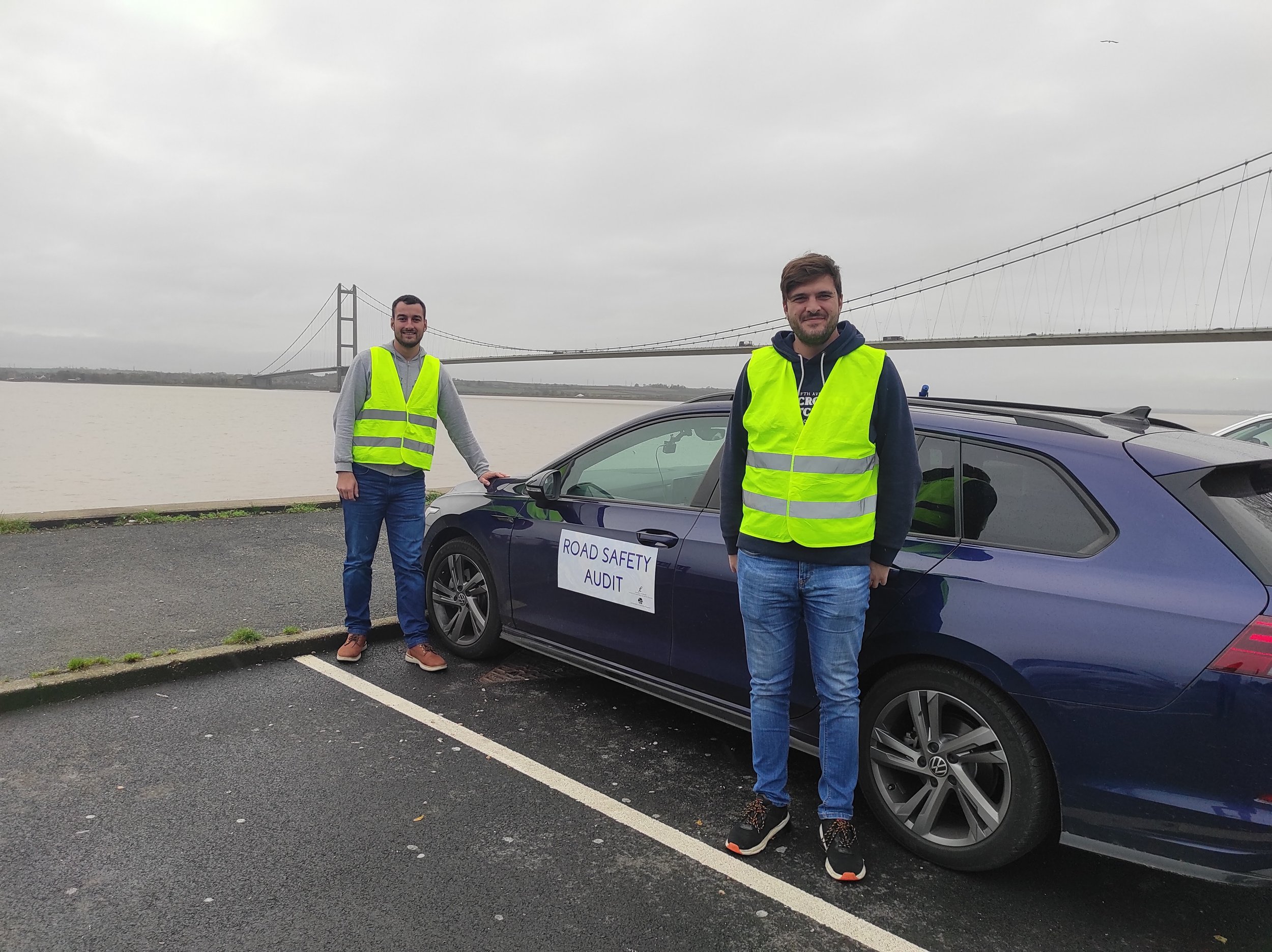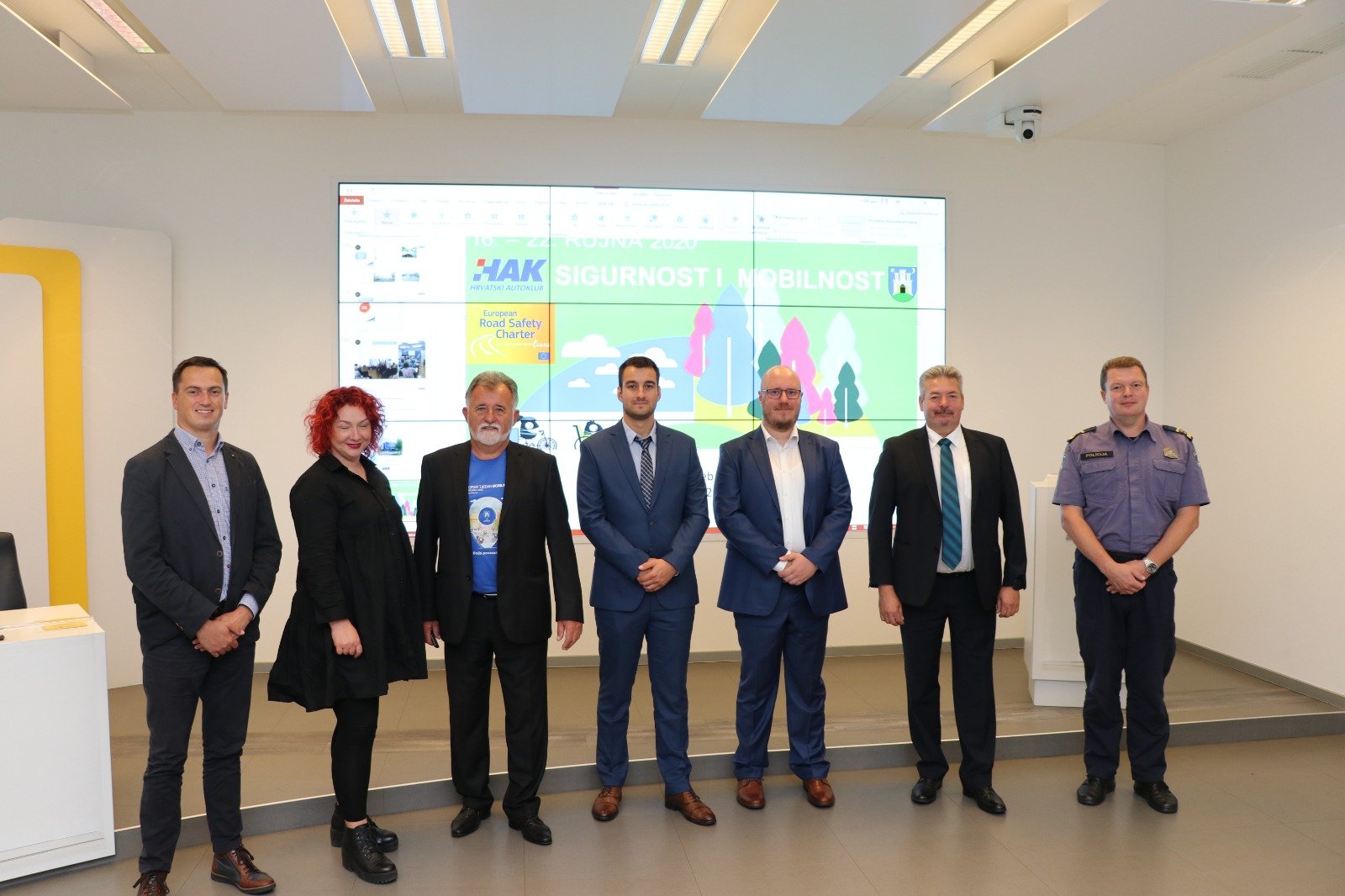1. Where are you connected right now? Tell us about the work you're doing.
I am currently based in Zagreb, the capital of Croatia. I’ve been working as an Expert Associate of the Department of Transport Planning at the Faculty of Transport and Traffic Sciences (FPZ) for the last three years. I’ve usually been involved in projects focused on road traffic safety specifically international ones supported by the EU or the ones focused on supporting low-and-middle-income countries (LMICs). I am also involved in national projects.
A lot of the projects we perform are based on the International Road Safety Assessment Programme (iRAP) Safety Assessment methodologies. FPZ is an iRAP-accredited institution and is one of the few institutions awarded with the iRAP Centre of Excellence title. I’ve been involved in a number of iRAP projects worldwide in countries such as Bosnia and Herzegovina, Croatia, Ghana, and the United Kingdom. There are currently two projects in Kenya and Ethiopia I am also supporting.
Besides iRAP projects, I was also involved in the NetSafety project funded by the EU commission. The project focuses on the development of a common methodology for a network-wide road safety assessment initiative. This involves the ranking of the existing road network in categories according to their crash risk potential. I also had the opportunity to work on Sustainable Urban Mobility Plans (SUMPs), Public service obligation documents, and some road safety inspections and audits.



